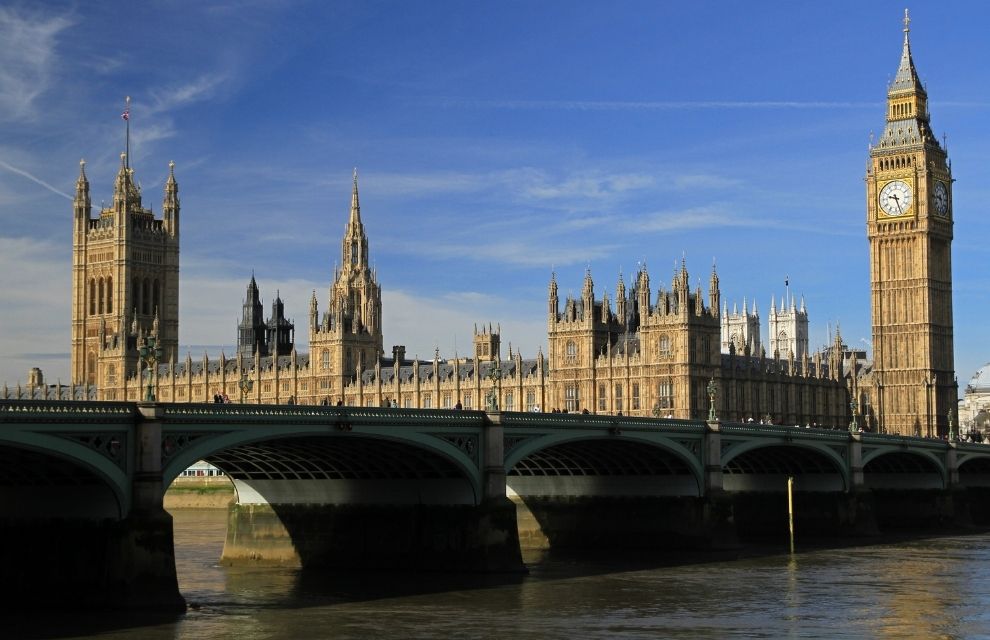The House of Lords Industry and Regulators Committee recommends introducing a competitiveness objective for the Financial Conduct Authority (FCA) and the Prudential Regulation Authority (PRA), following an inquiry into commercial insurance and reinsurance regulation. During the inquiry, the committee heard evidence from several industry participants, including concerns over the lack of proportionality in the regulation of the London Market by the two authorities — described as “overly demanding and burdensome”. Economic secretary to the Treasury, John Glen MP, was asked by the committee to evaluate the culture within the regulators, particularly towards new entrants and new forms of business. Glen noted both an inflexible culture and inflexible application of the regulatory framework, which may have contributed to the stagnant development of new forms of business within the UK commercial insurance and reinsurance industries, such as insurance-linked securities and captives. In giving evidence to the committee last month, Glen said: “On the point you made about the captives market and the fact that there is a lack of a bespoke regulatory legal framework for hosting outside Lloyd’s, we certainly see more captives operating in other jurisdictions. “Again, the PRA is very aware of that, and it is right for further work to be done. I hope we see that, and see evolution in the way that insurance and reinsurance is offered to big corporates and is delivered by big corporates, and we find an appropriate way of developing that market in the UK.” The committee heard arguments that, in order to prevent the UK being perceived as a bureaucratic system compared to other jurisdictions, the government should introduce a secondary competitiveness and growth objective for financial regulators, reinforced with coherent criteria and appropriate performance measures. In a letter to Glen, the committee notes that, although the PRA and FCA aim to act in a proportionate manner and take into account their respective impacts on the insurance and reinsurance industries, it is understandable that they focus on their statutory objectives of safety and soundness and make no reference to competitiveness. It reads: “We share the PRA and FCA’s view that the primary objective should continue to be the safety and soundness of firms. Indeed, we agree with those who emphasised that a robust and rigorous regulatory framework contributes to both the competitiveness and the reputation of the London Market and would be concerned at any initiative which could unintentionally dilute this.” Committee chair Lord Hollick says: “While the committee welcomes the continued success of the London Market, we are concerned that the UK may lose out on new and fast growing areas of business because of an overly inflexible and bureaucratic regulatory framework. There is a need for regulators to consider whether current rules could be applied more proportionately and regulators should ensure that their rulebooks are achieving their objectives in the most efficient way possible. The letter concludes: “We recommend that, alongside introducing a competitiveness objective for the PRA and FCA, it will be essential to establish clear criteria and appropriate performance measures. The evidence we heard suggested that industry practitioners have some ideas for what such measures might be and would be a useful source. Publicly-disclosed performance criteria would provide an opportunity for both the Government and Parliament, through this committee and others, to monitor performance and hold the regulators to account.”


